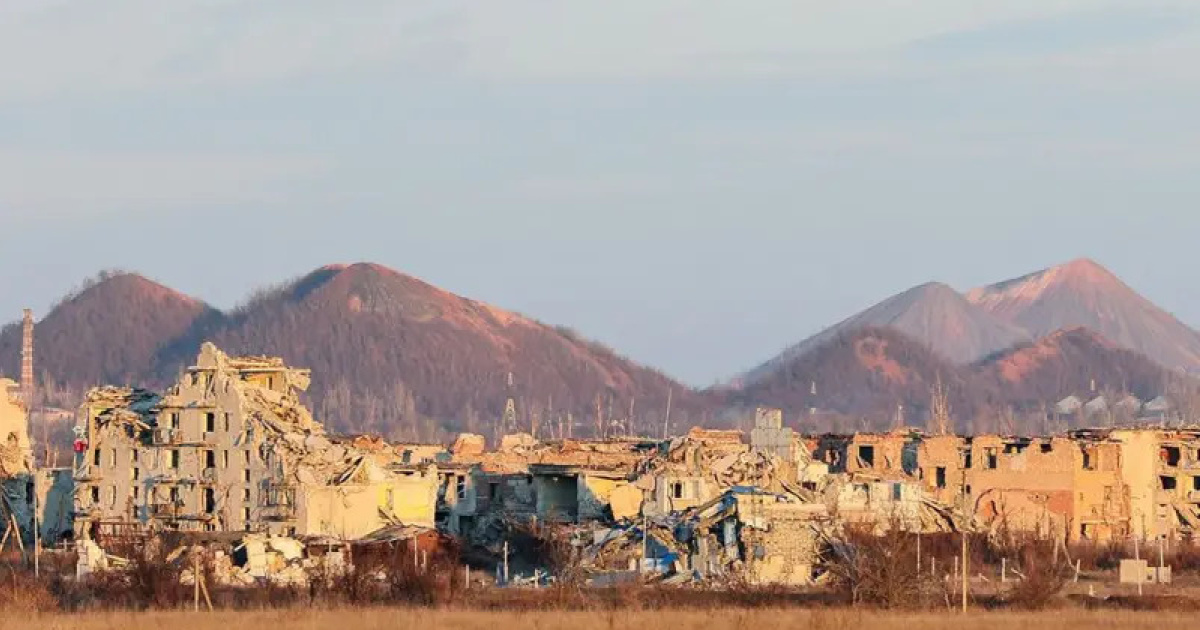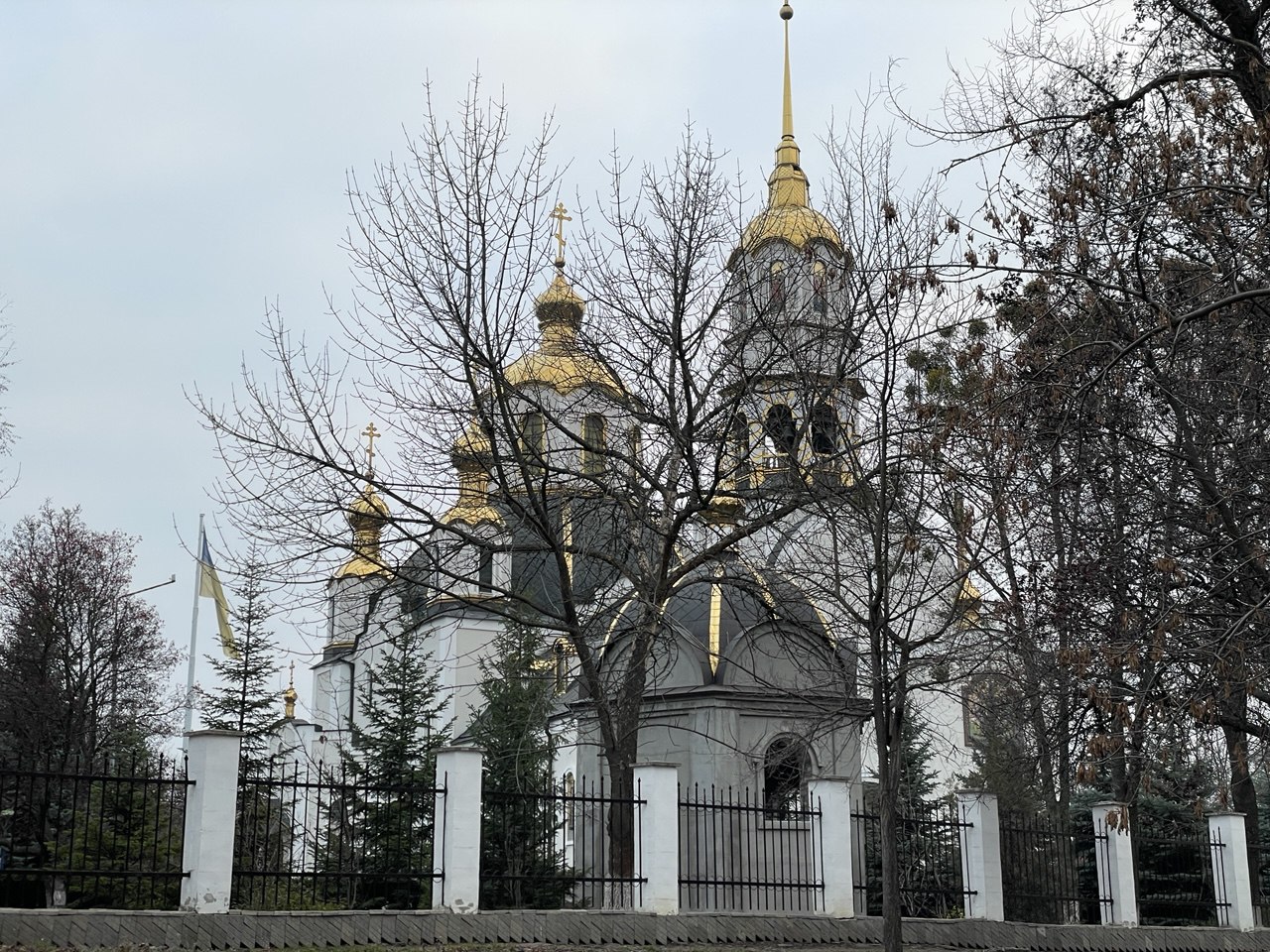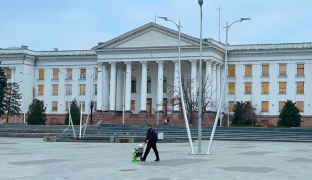The first tax amnesty for citizens in the history of Ukraine, initiated by the presidential office, started on September 1 and will last until September 1, 2022.
There is still a lot of time ahead. But skeptics, who predicted the failure of the idea, can already safely pop champagne.
As of October 12, the "full confession" was issued for UAH 90.5 million. That is, special declarations were filed with the tax service for this amount.
It is obvious that the start and finish of the campaign are peak periods, there will be fewer such appeals in the rest of the months.
But even if we calculate UAH 90.5 million as a monthly average, we get UAH 1.086 billion of legalized income for the entire period of the amnesty.
Now let us recall that the gross domestic product of Ukraine (GDP) for 2020 in money terms amounted to UAH 4 194.1 billion.
Even according to the official estimates of the Ministry of Economy and the National Bank, 30% of GDP is now in the "shadow". This is UAH 1 258.23 billion, withdrawn from taxation.
Thus, following the results of the amnesty, 0.026% of "shadow" income can be legalized in a year. An indicator next to none.
Even if it grows 100 times in some mysterious way, it should still be considered a failure. Although, in essence, the idea itself is very good.
And it should have been implemented many years ago. So what went wrong?
Pay and sleep well?
The amnesty covers savings over UAH 400 thousand, apartments over 120 m2, houses over 240 m2, land plots over 2 hectares and cars that are more expensive than UAH 400 thousand.
If the official income does not cover the availability of such property, a person must file a declaration with the tax office and pay tax at a rate of 5% of the value of the property.
An individual has a need to prove that the property was bought with the money from which taxes were previously paid does not disappear after the end of the amnesty.
Only the tax will have to be paid at the rate of 18%, if it is not possible to confirm the "whiteness" of the income.
The sum of the tax payment during the amnesty can be further reduced: if a person lends money to the state by purchasing domestic government bonds for a taxable amount.
The rate will be 2.5% in this case. An individual can pay not the entire special tax at once, but by installments. But the rate is higher then: 6% and 3%, respectively.
Most of all, those who decide to declare property abroad will have to fork out. In this case, the usual rate will be 9%, in installments - 11.5%, when buying bonds - 7%.
Of the UAH 90.5 million declared by mid-October, UAH 4.5 million was paid to the budget. That is, the average rate was 4.97%.
This means that no one is in a hurry to declare foreign property or buy government bonds. Although, at first glance, the terms of the amnesty offered are quite favorable.
It never happened and now again…
Tax amnesties have already been carried out in Ukraine earlier. Only they concerned companies and enterprises, and not personal income of citizens as individuals.
The result of the previous amnesties is the same as now – that is, next to none.
Head of the parliamentary committee on the capital market issues Andriy Nikolayenko notes that tax amnesties often came to nothing not only in Ukraine, but all over the world.
Nevertheless, there are successful examples. So, $35 billion came out of the "shadow" in 2013 in Turkey in 2013 during the 6 months-tax amnesty.
Turkey's GDP for this year amounted to $957.8 billion. At the same time, the level of the shadow economy was estimated at only 3%, that is, $ 28.734 billion
This means that almost all of the shadow capital has passed into the legal plane.
According to A.Nikolayenko, the success of the Turkish amnesty is explained by more attractive terms than in the Ukrainian version.
Thus, the rate of a one-time special tax for the legalization of property and capital was set at the level of 2%.
And the new version of the amnesty, which started in 2020, the property declared abroad is not subject to taxation at all – provided that the capital will be returned to Turkey.
However, there is reason to believe that the failure of the Ukrainian amnesty is not associated with higher rates of the special tax.
Concealment impossible to declare
The authors of the amnesty focused on small business under the leadership of chairman of the Verkhovna Rada committee on finance, tax and customs policy Danylo Hetmantsev.
According to D.Getmantsev, these are self-employed citizens and individual entrepreneurs. Another focus group is workers who work abroad without official employment.
And finally, the third group – corrupt officials from all kinds of inspectorates (construction, environmental, fire, tax, etc.), judges, prosecutors, employees of the SBU and other law enforcement agencies.
According to the law adopted, they cannot directly participate in the tax amnesty. But this right was generously granted to their relatives.
Since none of the above categories of public sector employees writes anything to themselves, but they have quite successful relatives-businessmen – they can also be considered potential declarants.
The most important thing that unites all three groups is the unwillingness to "get noticed" for the future.
Nobody wants to "get on notice" to the relevant law enforcement agencies and the tax service. Including employees of these bodies themselves.
Yes, the law guarantees the anonymity of the declaration – but in fact, no one believes in that. And this is reasonably.
So, if an entrepreneur went and declared the property, he/she is afraid that from now on, his/her person and his/her business will always receive special attention from the inspectors and security officials.
Does he/she need it? Of course no. Officials and migrant workers think in the same way.
In addition, Ukrainian businessmen and officials have long been accustomed to "solve" any issues bypassing the law.
Therefore, even if it becomes necessary to prove the legitimacy of their income in terms of paying taxes after the end of the amnesty – both of them hope to "settle" everything in the traditional way.
As for the migrant workers, most of them do not see their future in Ukraine and associate all their hopes with moving to other countries for permanent place of residence. Mainly to Poland.
Accordingly, these people also have no interest in declaring income and property here. The main reason is lack of faith in the future of their country.
The overwhelming majority of citizens (including entrepreneurs and officials who develop this very corruption) have no hope that someday there will be affordable education and medicine at a high level, worthy pension support, legal protection of individuals and businesses. In short, decent standard of living.
Therefore, everyone who has such an opportunity is trying to acquire a "launching ground" in other countries, more successful and prosperous.
In addition, corrupt officials fear confiscation of assets if they are returned to Ukraine.
Truly speaking, their hopes that the withdrawn capitals in the form of money, houses and apartments in other countries are protected are somewhat naive.
As an example, we can recall the story of the confiscation of $26 million in the Latvian AS PrivatBank, which belonged to "influential" ex-deputy of the Verkhovna Rada Yuriy Ivanyushchenko. The relevant decision was made in 2017 by a Latvian court.
But it is what it is: corrupt officials believe that keeping their capitals abroad is safer.
And even if the state makes a zero tax rate on foreign assets, provided they are returned to Ukraine, no one will return them anyway. This is not why these funds were withdrawn from the country.
It is traditionally believed that the main reason for the shadow economy and concealment of income from taxation is the high level of these taxes.
However, this is only partly true. Some experts believe that the shadow economy is a product of poverty.
The low level of responsibility of citizens to the state is their response to the low quality of the state's fulfillment of its social obligations.
This refers to all the same medicine, education, legal protection, their quality and availability. You can take the same Turkey as an example.
Turkish economists conducted a study, the results of which prove: the more money the state spends on social needs, the higher the level of "economic patriotism" among citizens.
Public investment in Turkish medicine helped to pull a significant amount of finance out of the shadow, previously hidden from taxation.
Moreover, it was money not for an inflationary increase in the salaries of doctors, but for improving the quality and accessibility of treatment. Because the increase in the salaries of medical personnel does not reduce mortality.
Here, in fact, is the answer to the question why the capital next to none relative to the total volume of illegal sector of the economy comes out of the shadow during the Ukrainian tax amnesty.
Therefore, even if the special tax rate within the framework of the current amnesty was set not 5%, but 2%, as in Turkey, the amount of legalized income would remain approximately at the same level as now.
Vitaliy Krymov, OstroV





